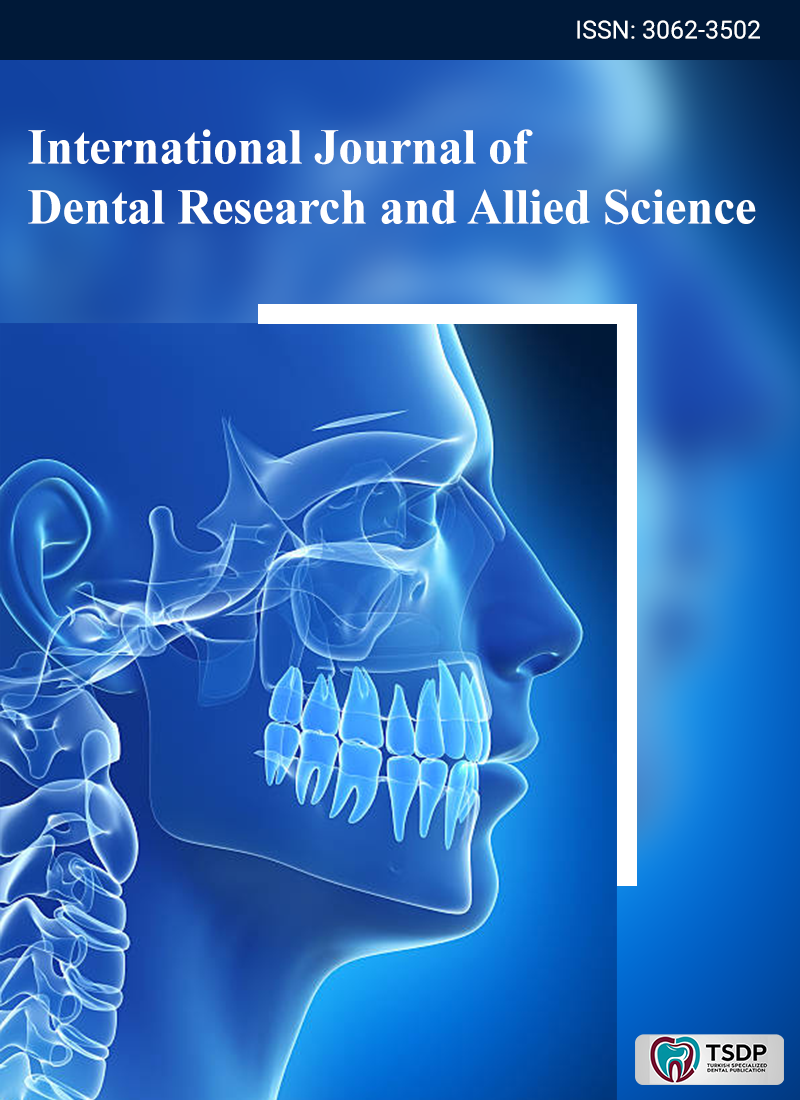
Dental composites are commonly used in the treatment of dental caries, yet they can sometimes lead to marginal fractures and the development of secondary caries. This study aims to investigate the role of antibacterial agents incorporated into modern composites in the management of dental caries. A systematic review was conducted by searching relevant articles across Cochrane Library, Google Scholar, and PubMed databases. Studies published from 2011 to 2021 were selected, reviewed, and assessed for inclusion following the PRISMA guidelines. Ultimately, 10 studies were analyzed, including both experimental and in-vitro or in-vivo approaches, to explore new materials or evaluate the mechanical, antibacterial, and aesthetic effects of existing materials on dental composites and structures. The findings showed that antibacterial agents are effective in inhibiting the growth of caries-causing bacteria and in killing these bacteria. In addition, these materials showed beneficial effects such as regenerative properties, remineralization, and the ability to repel proteins, all of which positively influenced both dental composites and dental tissues. However, suboptimal material design could negatively impact the mechanical properties of the composites and the surrounding dental structures. Overall, the novel antibacterial agents incorporated into dental composites offer significant advantages in caries prevention, mineral restoration, dental tissue regeneration, and protein resistance.